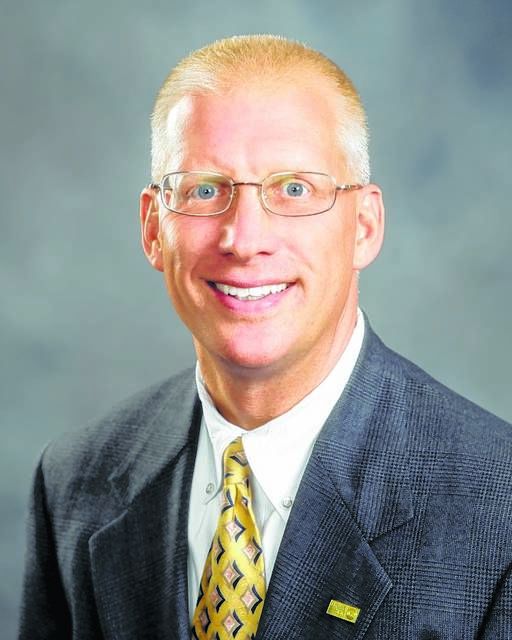Click here to subscribe today or Login.
In April, my wife and I celebrated our 25th wedding anniversary. We spent a week in Charleston, S.C, and thoroughly enjoyed the warmer weather, the rich history, the architecture, and, of course, the food. The locals say that you cannot truly experience Charleston unless you gain five to seven pounds in a week. If that is true, I absolutely experienced more than my share!
There was so much to see, do and eat, a week was not nearly enough time. Each day we visited something new and were genuinely fascinated, and often moved, by what we saw and learned. South Carolina was the wealthiest of the original colonies and, at that time, that wealth created great power and influence. As a result, South Carolina played a very significant role in the Revolutionary War, the founding of our county and its early economic prosperity, and the Civil War where the first shots were fired.
As a port city, Charleston was a key location for commerce and also for the slave trade with Africa. Rice was a “cash crop” and the local plantation owners used the slave labor to generate their tremendous wealth. We toured the areas where human beings were bought and sold, exploited, beaten and forced to live in inhumane and overcrowded conditions. Despite these tours, it is still very difficult to imagine what life was really like for generations of black families.
At the very popular and historic Charleston City Market, I spoke to a woman who was in her early seventies who told me her great grandparents were born into slavery. She shared with me that her grandmother taught her to read and vividly remembers as a child being told over and over how important school was. She learned early on in her life that slaves were not permitted to read or to be educated because slave owners knew that an educated slave would be a threat to their way of life. For four generations now, education has been a significant priority for her family. Her emotion was obvious when she said that all three of her children have college degrees and have done very well with their lives.
I couldn’t help but walk away from this conversation extremely touched by this woman’s story of pain, resiliency, pride, and joy. For me, it also reaffirmed the United Way’s core belief that education continues to be a crucial building block to a better life and a better community, and I remain very proud of the work the United Way’s donors, volunteers, staff and partners are doing to help Wyoming Valley children. The many programs and partnerships we have created over the past five years to support children and their education continues to grow and be impactful.
My conversation with the woman at the City Market also reminded me of the critical role parents and families have in making their child’s education a priority. Even if a student had perfect attendance during the school year, he or she would only be in school 13% of his or her time during the calendar year. What happens at home in terms of love, learning, health and nutrition, relationship building, etc., is just as important to a child’s overall development.
Our country has certainly changed a great deal since our founding and the Civil War that almost tore us apart. Thankfully, how we treat people of color and children have changed too.
It was an awesome week to revisit the good and the bad history that shaped who we are today. Our trip certainly reshaped me … both my thinking and my waist line. By the way, the shrimp and grits are as fantastic as advertised!





